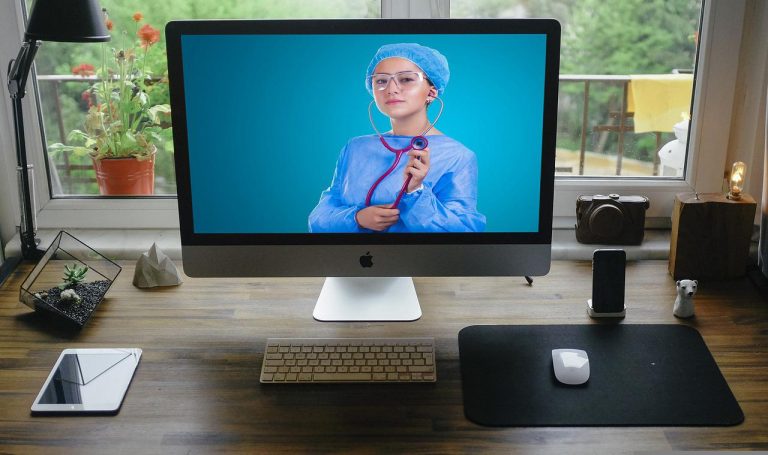Is Science Trustworthy?
Science is the systematic study of the natural world through observation and experimentation. It is a process of learning about the world around us and how it works. Science is based on evidence and is constantly evolving as new evidence is discovered.
There are many reasons why science is trustworthy. First, science is a self-correcting process. This means that scientists are always looking for ways to improve their methods and to test the results of other scientists. If a scientific finding is proven to be wrong, it is corrected.
Second, science is based on evidence. This means that scientific claims are supported by data that has been collected through observation and experimentation. The data is then analyzed and interpreted to draw conclusions about the natural world.
Third, science is transparent. This means that scientific research is published in peer-reviewed journals. This means that the research has been reviewed by other scientists who are experts in the field. The peer-review process helps to ensure that the research is of high quality and that the conclusions are valid.
Of course, science is not perfect. Scientists can make mistakes, and scientific findings can sometimes be overturned. However, science is the best way we have to learn about the natural world. It is a process that is constantly evolving and improving.
Here are some specific examples of how science has improved our lives:
- Medicine: Science has led to the development of new medicines and treatments for diseases that have saved millions of lives. For example, vaccines have eradicated smallpox and polio, and new treatments for cancer and HIV/AIDS have extended the lives of millions of people.
- Technology: Science has led to the development of new technologies that have improved our lives in many ways. For example, the internet has revolutionized communication and commerce, and smartphones have given us access to information and services at our fingertips.
- Agriculture: Science has led to the development of new agricultural techniques and crops that have increased food production and reduced hunger. For example, the Green Revolution helped to double global food production in the 20th century.
While science has undeniable benefits, it is important to be aware of the potential risks of scientific advancements. For example, new technologies can be used for harmful purposes, such as developing new weapons or creating surveillance systems that violate our privacy. It is important to use science responsibly and ethically.
Overall, science is a trustworthy and reliable process for learning about the natural world. It has led to many improvements in our lives, and it continues to evolve and improve. However, it is important to be aware of the potential risks of scientific advancements and to use science responsibly and ethically.
Here are some tips for evaluating the trustworthiness of scientific information:
- Consider the source of the information. Is the information coming from a reputable source, such as a peer-reviewed journal or a scientific organization?
- Look for evidence to support the claims. Are the claims supported by data and scientific research?
- Be skeptical of claims that seem too good to be true. If a claim seems too good to be true, it probably is.
- Do your own research. If you are unsure about a scientific claim, do some research to learn more about it. Read articles from different sources and try to find out if there is a consensus among scientists on the issue.
By following these tips, you can be more confident in the trustworthiness of the scientific information that you consume.







